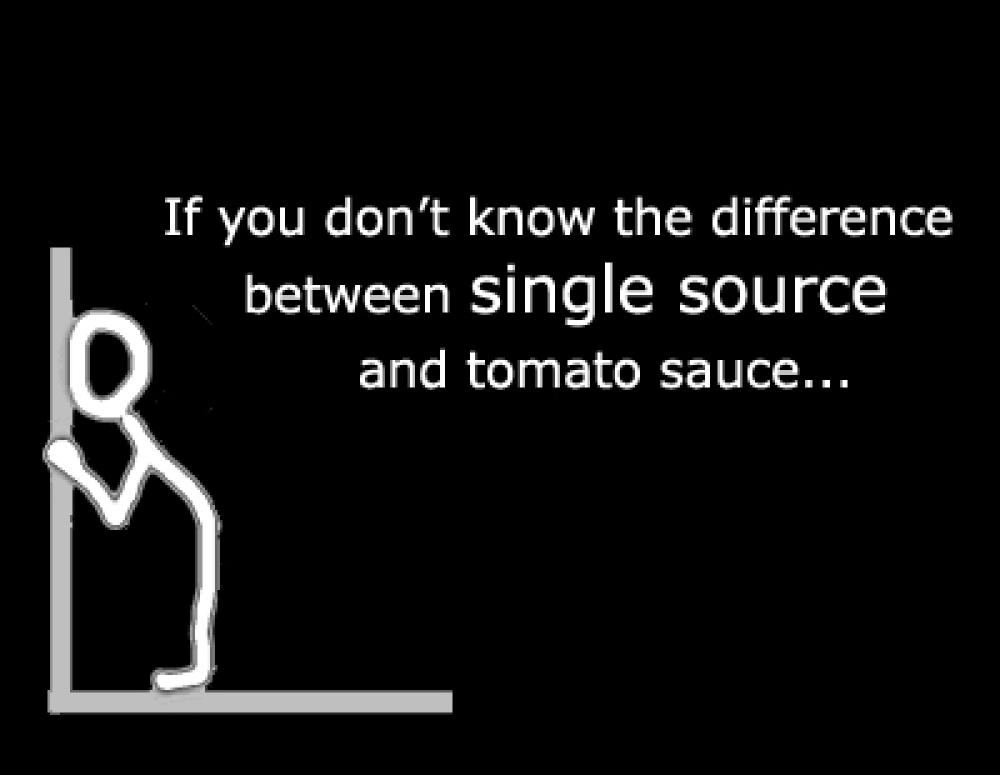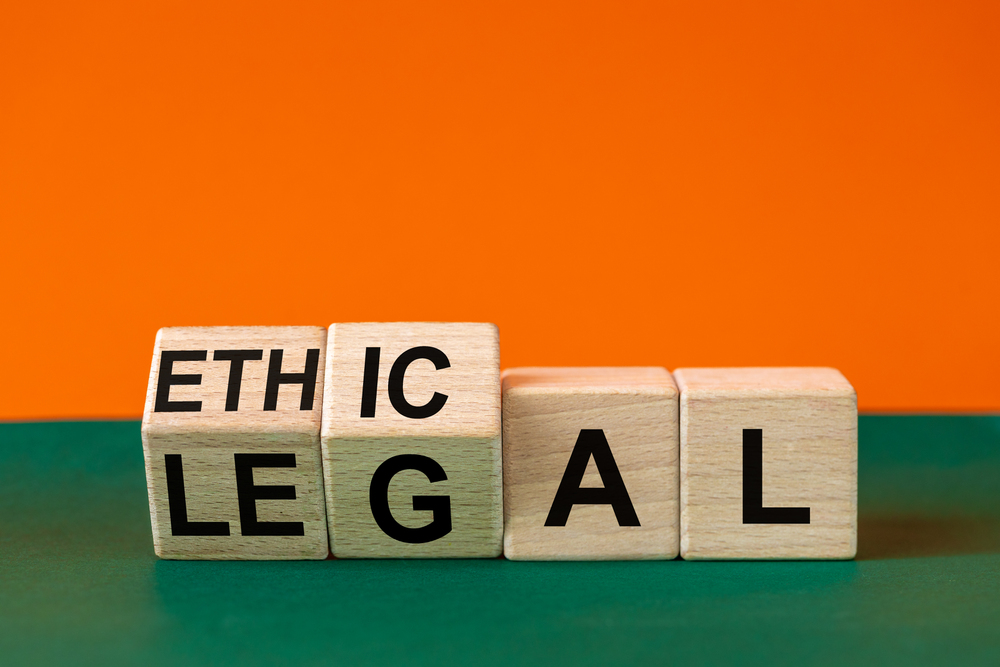VAT: fact or fiction?
30 Oct 2014

To date, organisations have used varying methods to mitigate VAT on postage. These include direct access agreements, agency access agreements, and single sourcing. The attraction of “single sourcing” is obvious because suppliers using it gain a commercial advantage over suppliers who have not adopted this method.
The Opinions
There are three possible opinions/outcomes about how the supply of print and postage could be determined for VAT purposes:
1. There is a single supply of goods.
2. There are two supplies. One of printed goods. One of postal services.
3. There is a single supply of services.
The default position for those advocating it is a single supply of goods is to refer to HMRC’s published notices on postage and delivery. Does this cover the “single source” of a mailing campaign which includes postage to the end recipient? The challenge we have put to ourselves and to those who say it does is that if there is confidence that HMRC’s guidance in section 2 of VAT Notice 700/24 covers ‘single sourcing’ as it has been practiced for direct mail campaigns, please show us the court decision or some other legal guidance confirming this. No one ever has.
Ultimately all these opinions count for nothing because tax laws are passed by Parliament and interpreted by judges. The ultimate and conclusive opinion is that of the judges who rule on tax disputes. To date these judges have not considered whether the law dealing with how to account for VAT on delivery charges applies to posting mail packs.
For this reason the industry needed clarity from HMRC so that everyone can operate on a level playing field. The DMA wrote to HMRC in February 2013 to seek this clarification but HMRC’s Policy Unit did not reply until July 2014. In their reply and subsequently HMRC have said as follows:
16 July 2014 - “If postal services are provided in addition to the printed matter itself then the supply is not a composite supply of goods to your customer, but is a supply of services as the “goods” are sent direct to the recipient rather than your customer...postage is not ancillary to the printed matter because the nature of the supply has changed and so it cannot take the same VAT liability.”
HMRC recently expanded on their policy and in a further communication to the DMA advised as follows:
30 Sep 2014 - "...Leaving aside postal services, if someone is making a supply involving printed matter we have to consider exactly what is being provided.... If the other services are artwork, design or similar leading to the supply of printed matter then HMRC would generally accept that this is a zero-rated supply of printed matter. However, if the other services include activities such as data handling, data management/processing, targeting of potential customers, distribution, media inserts, response recording and analysis, follow up to responses and similar then the essential features are likely to show that it is more than a supply of printed matter..."
What this information tells us is that HMRC consider that the supply of printed direct mail packs and postage is a single supply of services. It also tells us they have always and continue to accept that some services may be zero rated as part of a supply of printed matter. They are not so clear on whether providing other services is a single supply of services or separate supplies of print and other services. The DMA has requested further information from HMRC in this respect.
What Happens Next?
All we can do is take decisions based on what we know. What we now know is HMRC’s policy and it would seem rather foolish to ignore it, whatever your view is. The consequences of ignoring HMRC’s view can be significant. In the event of a VAT inspection HMRC will bill the business (not the client) operating the ‘single source’ model for VAT arrears. This can be challenged but it will mean appealing to the Tax Tribunals. This is a slow and expensive process involving lawyers.
The Debate
There is much discussion and debate doing the rounds about the implications of the recent HMRC announcement and what it means. Let us dispel some of the myths and the misinformation:
Myth: HMRC cannot introduce a new policy without consulting the industry.
Truth: HMRC can say this is not a new policy but merely confirmation of one that already existed. This is in fact the first time they have publicly stated their view on the matter but that doesn’t mean it is a new policy.
Myth: HMRC have introduced new laws governing single sourcing.
Truth: There have been no changes in the law or published guidance relating to single sourcing.
Myth: The letters from HMRC are just the opinion of one person and don’t carry any weight.
Truth: The letters were signed by one person on behalf of high level civil servants who have communicated HMRC’s policy
Myth: We (a supplier) have a written clearance from HMRC which confirms we can zero rate postage. We are therefore immune from any VAT liabilities.
Truth: The letter may help your case because you acted in good faith on the basis of information received from HMRC. However, HMRC could renege on their ruling if they believe there are any material facts which were not made available to them.
Myth: My supplier says he will indemnify me against any VAT liabilities
Truth: Does this mean they have a bottomless pit of cash ready to give to HMRC? What does your contract or terms and conditions say? Are you sure if things hit the fan that your supplier will really cover the cost?
Myth: This is great news for charities. If print and postage is a single supply of marketing services then it can be zero rated under the scope of charity advertising relief.
Truth: Charity advertising relief does not extend to targeted individuals or groups. For this reason, direct mail and other targeted mediums such as email marketing are specifically excluded from the relief.
At the end of the day you need to protect your business. Seek professional advice and consider your options. In the meantime, we, and others will continue to press for further clarification from HMRC.




Please login to comment.
Comments